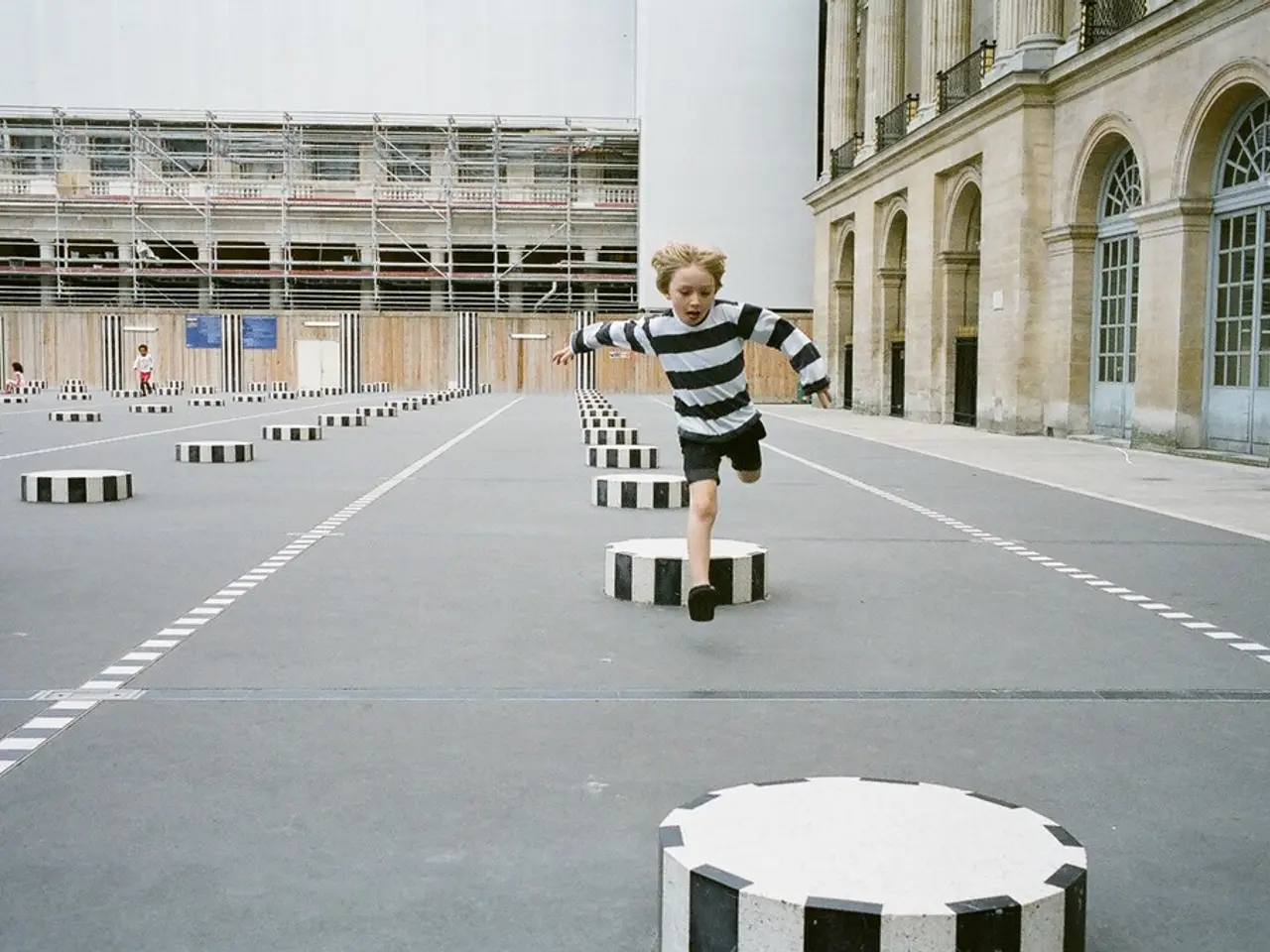Hands-on Exploration and Education for Children: Cultivating Knowledge through Practical Engagement
**Experiential Learning: A Revolution in Early Childhood Education**
Experiential learning, a method that emphasizes direct experience, active engagement, and hands-on activities, is transforming the landscape of early childhood education. This innovative approach encourages children to learn through doing, fostering a dynamic and participatory learning environment.
### The Power of Active Engagement and Exploration
In experiential learning, children are encouraged to explore their surroundings, turning learning into an interactive and engaging process. By engaging in play, exploration, and hands-on activities, children construct their knowledge rather than passively receiving information.
### Social Skills Development
Experiential learning also provides children with opportunities to develop important social skills. Shared play and group activities foster sharing, negotiating, and conflict resolution, helping children understand interpersonal dynamics and cooperation.
### Integration of Multiple Learning Modalities
Experiential learning aligns with constructivist and sociocultural theories, where learning is seen as constructed socially and contextually. It mirrors Indigenous pedagogical approaches that emphasize holistic, place-based, and intergenerational learning experiences connected to lived realities.
### Reflective and Adaptive Teaching
Educators who adopt experiential pedagogy reflect on the activities and adapt their teaching strategies to best suit children's learning needs, promoting a cycle of continuous improvement in early education settings.
### Cognitive Benefits
Experiential learning offers numerous cognitive benefits for children. By engaging in play, children improve their attention, memory, language development, and problem-solving skills. Structured and unstructured play actively stimulates children's mental processes, leading to measurable improvements in cognitive performance.
Experiential learning also nurtures creativity, imagination, language, and communication skills. Activities like storytelling, role-playing, and peer interactions during experiential learning bolster expressive language abilities and vocabulary expansion.
Encountering challenges in play or practical tasks requires children to think critically, experiment with solutions, and develop perseverance, all of which are fundamental for cognitive growth.
### Holistic Development
Experiential pedagogy supports personal, emotional, and social growth alongside cognitive development, providing a well-rounded foundation for lifelong learning.
Modern brain research supports the idea that movement and hands-on exploration are essential for learning, particularly in early childhood. The same authors identified a "sleeper effect" of gesture on learning, where children who engaged in relevant gestures improved significantly more after formal instruction compared to those who performed irrelevant movements.
Children who engage in hands-on science activities score significantly higher in language development and executive function, according to a 2020 study in Early Childhood Research Quarterly. Research by Novack, Congdon, Hemani-Lopez, and Goldin-Meadow demonstrates that guiding children's body movements can play a critical role in preparing them to learn new concepts.
The key to effective experiential learning is inviting children to test, reflect, and ask, "What happens if...?" Experiential pedagogy fosters confidence, curiosity, and the ability to persist through trial and error, giving children a sense of agency in their learning.
Parents find the learning happening in experiential spaces surprising and delightful, often seeing their children making predictions and testing them like real scientists. At Museo dei Bambini, exhibits are designed to encourage experiential learning through sensory play, hands-on challenges, and experimentation.
The exhibit "Orbit Drop" turns abstract physics concepts into something tangible, helping children grasp momentum, acceleration, and the effects of height through experimentation. Flight Lab allows children to experiment with the physics of flight using air cannons and paper gliders, learning about force, drag, and design.
Experiential pedagogy is not limited to museums; families can encourage hands-on exploration at home with cardboard ramps, kitchen science experiments, or open-ended building materials. The practice is based on the work of educational theorist John Dewey, who believed that learning should be active, social, and connected to real-world experiences.
In their study on mathematical equivalence, they found that children who engaged in movements relevant to the math problems were better able to grasp the concept later on. A study by the University of Chicago found that physically acting out scientific concepts activates brain regions associated with memory and understanding.
In conclusion, experiential pedagogy plays a vital role in early childhood education by promoting active, social, and meaningful learning experiences that significantly enhance children’s cognitive development and foundational skills necessary for future academic and life success.
- Experiential learning, mimicking Indigenous pedagogical approaches, emphasizes holistic, place-based, and intergenerational learning experiences connected to lived realities.
- At Museo dei Bambini, exhibits like "Orbit Drop" and Flight Lab focus on hands-on challenges and experimentation to turn abstract concepts into tangible learning experiences.
- For a more experiential approach at home, families can use cardboard ramps, kitchen science experiments, or open-ended building materials to encourage active exploration.
- By engaging in hands-on science activities, children may show significant improvements in language development, executive function, and a better grasp of new concepts, as demonstrated by various scientific studies.




